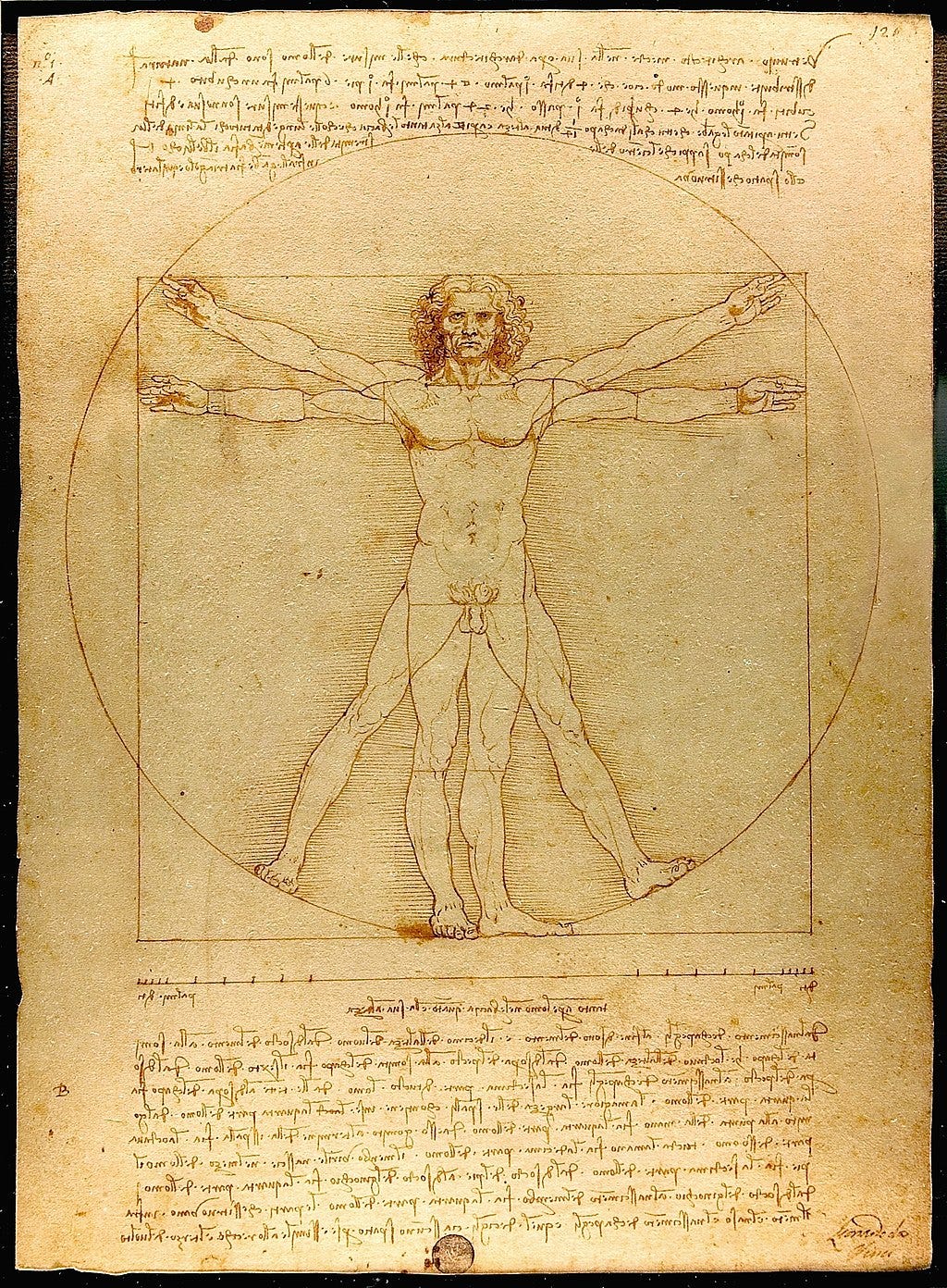Humanities is the answer?
Something that Jaron Lanier said (probably around page 92 of Who Owns the Future?) about higher education keeps bouncing around in my head. It's ironic that just as information is becoming nearly universally available for free, the cost of an elite education is becoming astronomically high. This suggests to me that the value added by an elite education has nothing to do with the information people are receiving. In the case of an "Ivy League", it's probably much more about the contacts a student makes and admission to the "club" whose members basically run the world. But the institution I work at is not part of this elite ecosystem. So what is BSU for?
I think this question is especially relevant at the moment, as generative AIs are threatening to make certain types of "knowledge work" obsolete. The All-In Podcast guys a couple of weeks ago discussed the disruptions these apps are going to cause, saying that perhaps 30% of all white-collar work will be rendered obsolete (although one optimist said that would result in people being 30% more efficient and more work being accomplished rather than jobs lost). When I asked ChatGPT what was the future role of humans in "knowledge work", it responded that AI "cannot replace the human ability to think critically, make creative connections, and interpret complex information." It went on to suggest that collaboration with others may also be a unique advantage of humans over machines.
These responses, like everything output by the app, are human ideas scraped off the internet and sorted based on how frequently and in what contexts they appear. So the consensus of people who have said things about generative AI seems to be that humans still have an advantage in critical thinking, creativity, and collaboration. Maybe these are the things we should be focusing our teaching at developing; leaning into the "humanness".
I listened to Matt Taibbi and Walter Kirn discussing the failures of mainstream news in a really good episode of America This Week (# 37) yesterday. They opined that the success of podcasters like Joe Rogan (and presumably themselves) has to do with exactly this type of humanness. The fact that these people have points of view -- even biases. So that even when we don't agree with them, we value the integrity of an authentic personality. This seems like exactly what the podcast world has over the scripted world of news. Not to mention the schlock produced by the striking Hollywood writers that could so easily be reproduced by a chat-bot.
Interesting that higher education might become about teaching students to be better humans.


